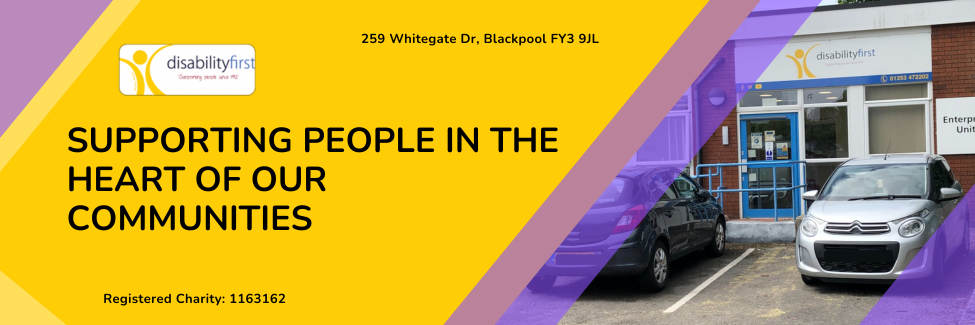BNIS Mission
The Neurodiversity-Inclusion ‘Cognitive Behavioural Psychotherapy’ Service is a pilot scheme offering a range of FREE therapy options recommended by the National Institute for Health and Care Excellence (NICE) for common mental health problems such as Trauma, Anxiety, Depression, Obsessive Compulsive Disorder and Specific Phobias.
We prioritise referrals for individuals with diagnosed or undiagnosed Neurodivergence, for example: ADHD, Autistic Spectrum Disorders, Aphantasia, Dyslexia, Dyspraxia, Developmental Coordination Disorder, Sensory Processing Disorder and adapt therapy approaches to meet individual neurodiversity-inclusion needs.
Support We Can Provide
- We aim to support individuals through ASD & ADHD diagnostic pathways through supported self assessment and GP liaison. (We do not offer psychiatric diagnosis)
- Available talking therapies include: Cognitive Behavioural Psychotherapy (CBP), Acceptance and Commitment Therapy, Psychoeducation and direct assistance and referral into Welfare Benefit Support.
- Our service is available to anyone aged 18 or over and registered with a Blackpool, Wyre and Fylde GP.
For more information telephone: 01253 472201. Alternatively, click the ‘Contact Us’ button below to request information by email.
The Team
Project Rationale
–

